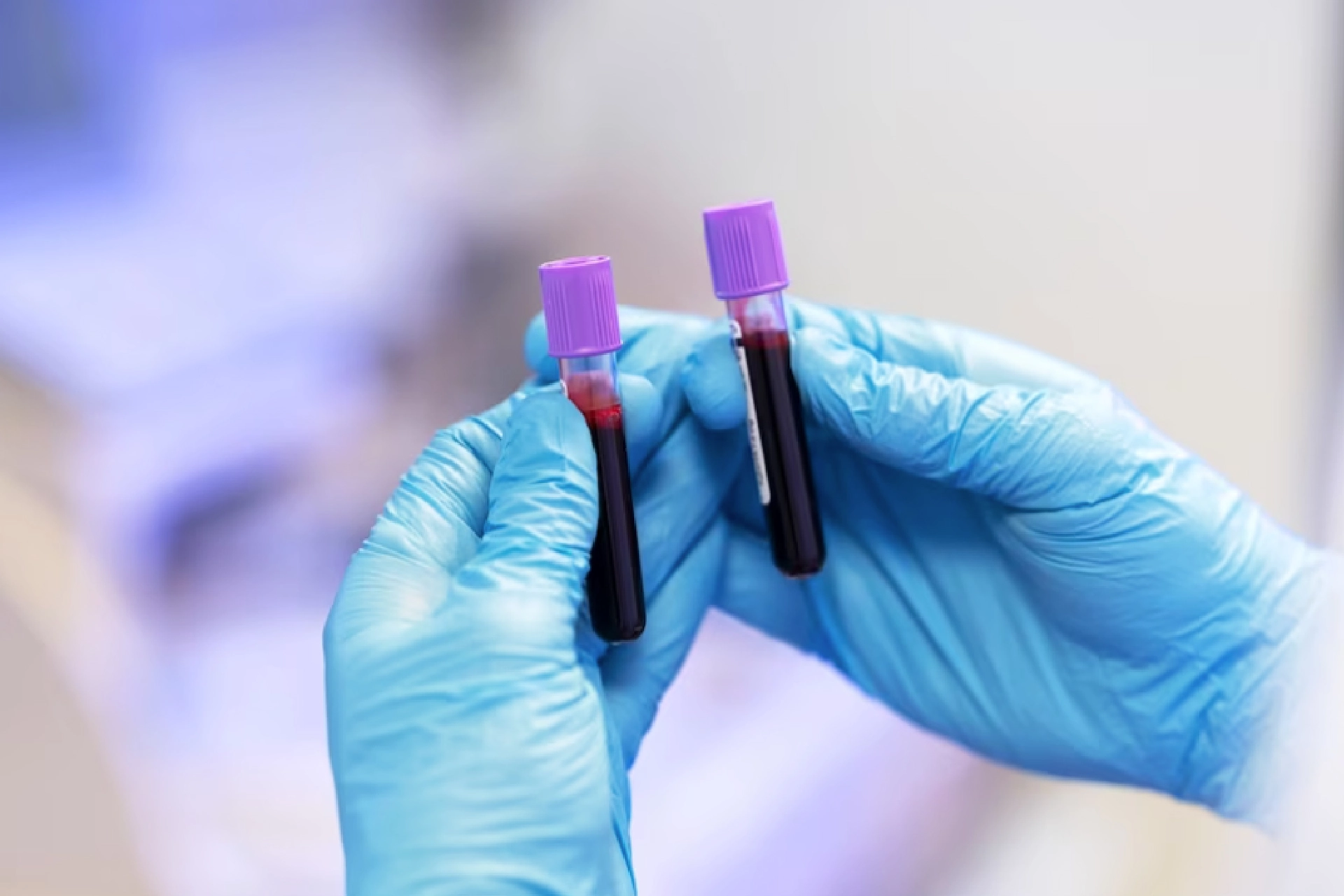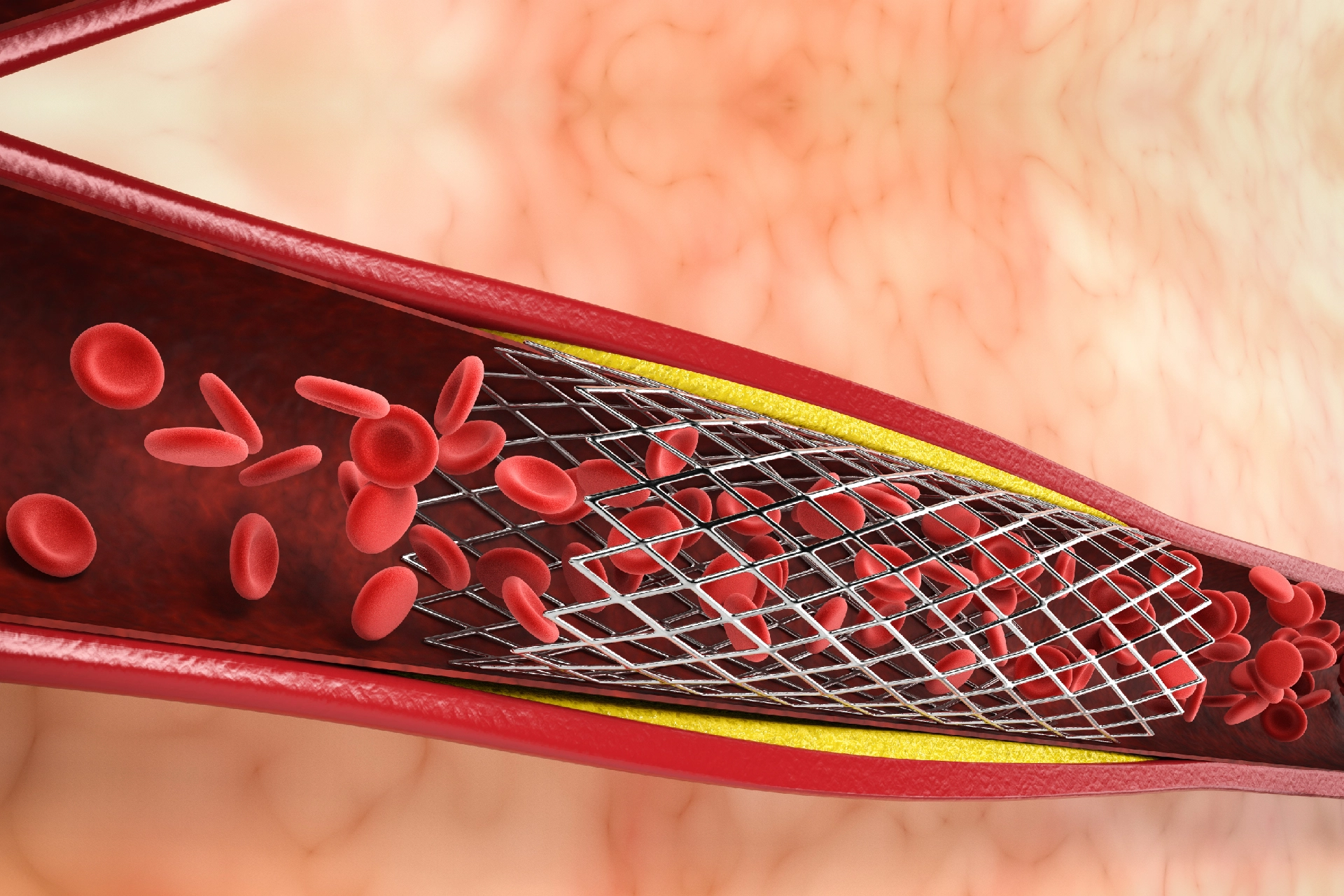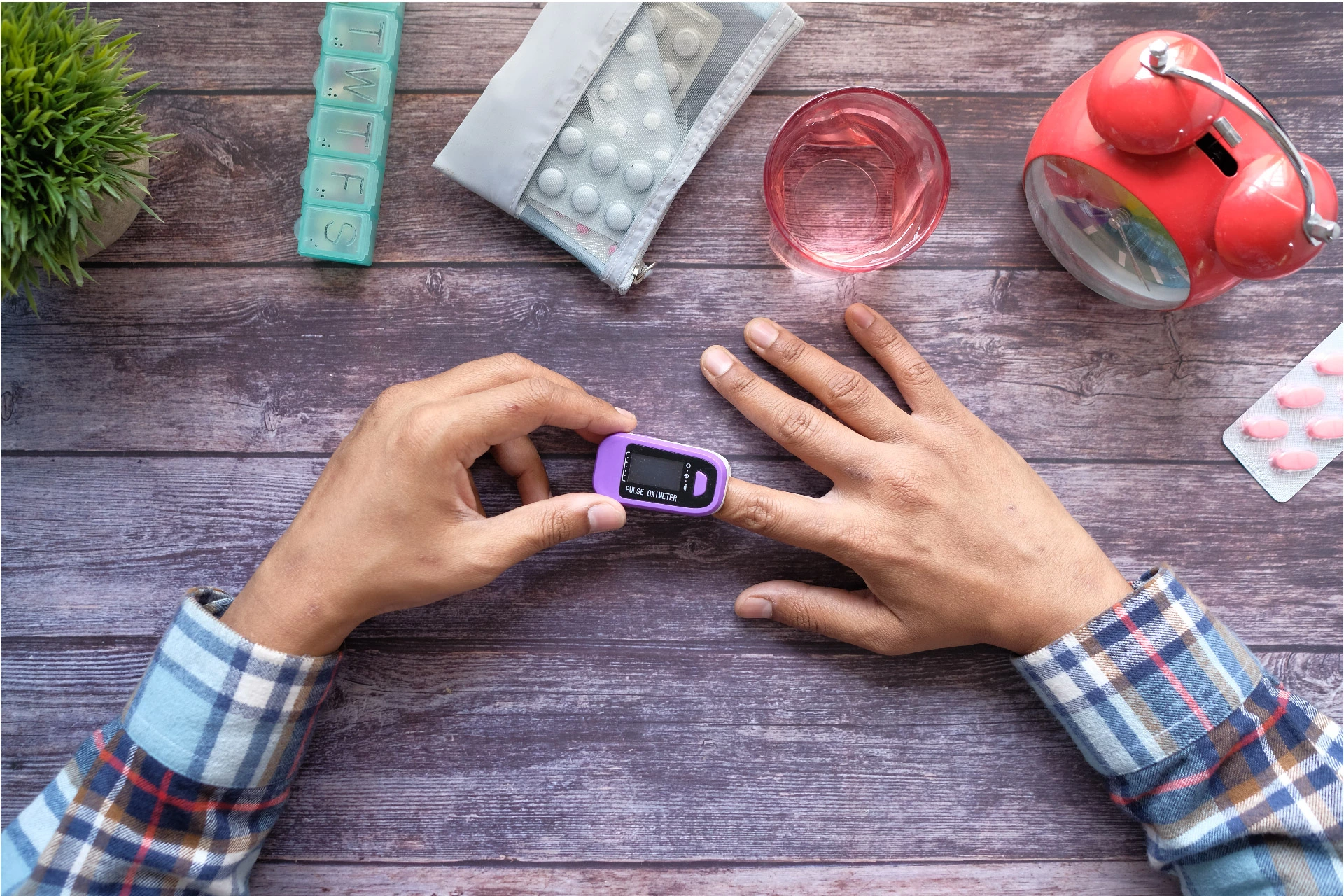Health Tests | 5 min read
Blood Group Test: How it is Done and What are the Different Blood Types?
Medically reviewed by
Table of Content
Key Takeaways
- Your blood type depends on the genes you inherit from your parents
- A, B, AB, and O are the four main blood groups with the most common being O
- AB is the most rare blood type and O negative is a universal donor blood group
Human blood consists of red blood cells, white blood cells, platelets, and plasma. Then what makes blood types different? Your blood group depends on the genes you have inherited from your parents. The combinations of antigens and antibodies make your blood group different from others. Antibodies are present in the plasma while antigens reside on red blood cells.
The four main blood groups are A, B, AB, and O. However, each of the blood types can be either RhD positive or RhD negative, making it 8 blood groups in total. A study on donors from different geographical regions in India found that 94.61% were RhD positive while 5.39% were RhD negative. It also reported that blood group O was the most common blood type whereas AB was the most rare blood type [1].
A blood group test or blood typing is a test that determines your blood type. Read on to understand more about blood types and what the test entails.
Additional Read: This World Blood Donor Day, Give Blood and Save Lives. Here’s Why and How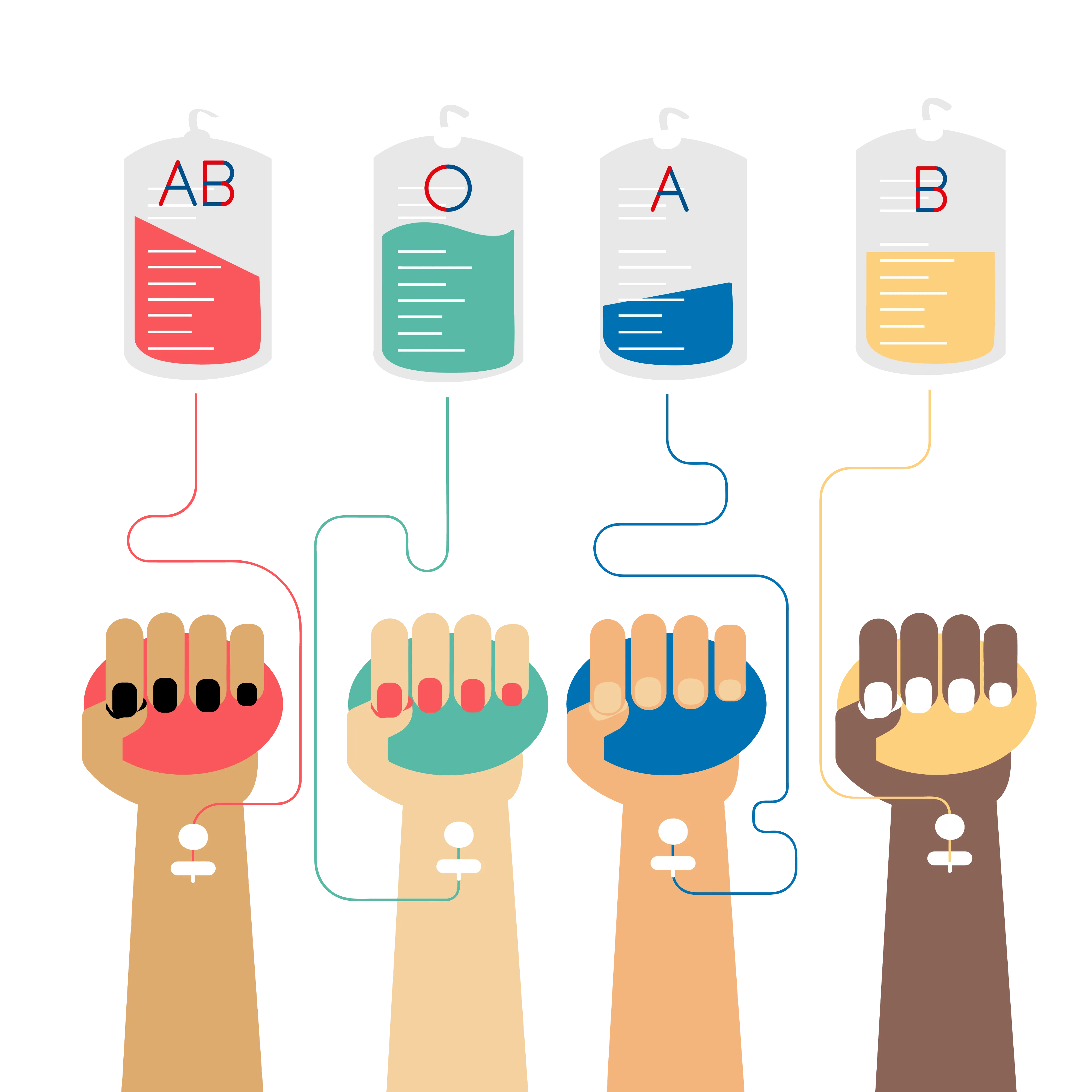
An Introduction to Blood Types
Although it looks similar, there are different types of blood classified into blood groups. Antigens are the proteins that are present on the surface of your red blood cells. Your plasma contains antibodies that attack certain antigens that they don’t recognize in your blood. While there are various antigens in your cells, ABO and rhesus are the most important antigens that determine various blood types.
What Are the Different Blood Groups?
As mentioned, the types of antigens in your red blood cells and antibodies in the plasma determine your blood group. There are four major categories within the ABO group [2].
- Blood group A –This type of blood group has A antigens in the red blood cells and anti-B antibodies in the plasma
- Blood group B – This type of blood group has B antigens in the red blood cells and anti-A antibodies in the plasma
- Blood group O – This blood group has no antigens in the red blood cells but has both anti-A and anti-B antibodies in the plasma
- Blood group AB – This blood group has both A and B antigens in the red blood cells but no antibodies in the plasma
These blood groups can be further classified into eight blood types depending on the Rh factor. If the red blood cells have the RhD antigen, your blood group is RhD positive and if it’s absent, your blood group is classified as RhD negative.
Based on the ABO and RhD factors, your blood group falls under any of these eight blood types.
- A RhD positive (A+)
- A RhD negative (A-)
- B RhD positive (B+)
- B RhD negative (B-)
- AB RhD positive (AB+)
- AB RhD negative (AB-)
- RhD positive (O+)
- RhD negative (O-)
Here, those with Rh-negative blood can donate to anyone with Rh-negative or Rh-positive blood whereas a person with Rh-positive blood can only donate to someone with an Rh-positive blood type. However, O negative is a universal blood donor group as it contains no A, B, or RhD antigens [3]. Blood group O is the most common blood type and AB is a rare blood group in India. Apart from the eight main blood group types, there are other rare blood groups like the Bombay blood group that are less common.

Blood Group Test Procedure
A series of tests with different antibody types are used to recognize your blood group. A sample of your blood is mixed with three different substances containing A antibodies, B antibodies, or Rh factor in each to observe the reaction and determine your blood type. For instance, if the substance has anti-A antibodies and you have A antigens on your red blood cells, it will clump together. And, if it doesn’t react to any of the anti-A or anti-B antibodies solution, it is blood group O. Similarly, tests are done to determine if you are RhD positive or negative.
Why Is a Blood Type Test Important?
Before the discovery of blood groups in 1901, blood transfusions resulted in fatalities as it was thought that the blood in everyone was the same. This is because a person receiving blood from another person may have antibodies that fight against the antigens in the red cells of the donor blood, thereby leading to a toxic reaction. Thus, it is important to get a blood type test done for safe blood transfusion. The blood groups of the donor and receiver should be compatible. A blood type O negative is the safest in an emergency as it can be received by a person with any blood group.
Additional Read: What a Full Body Test Entails and Why it is Important?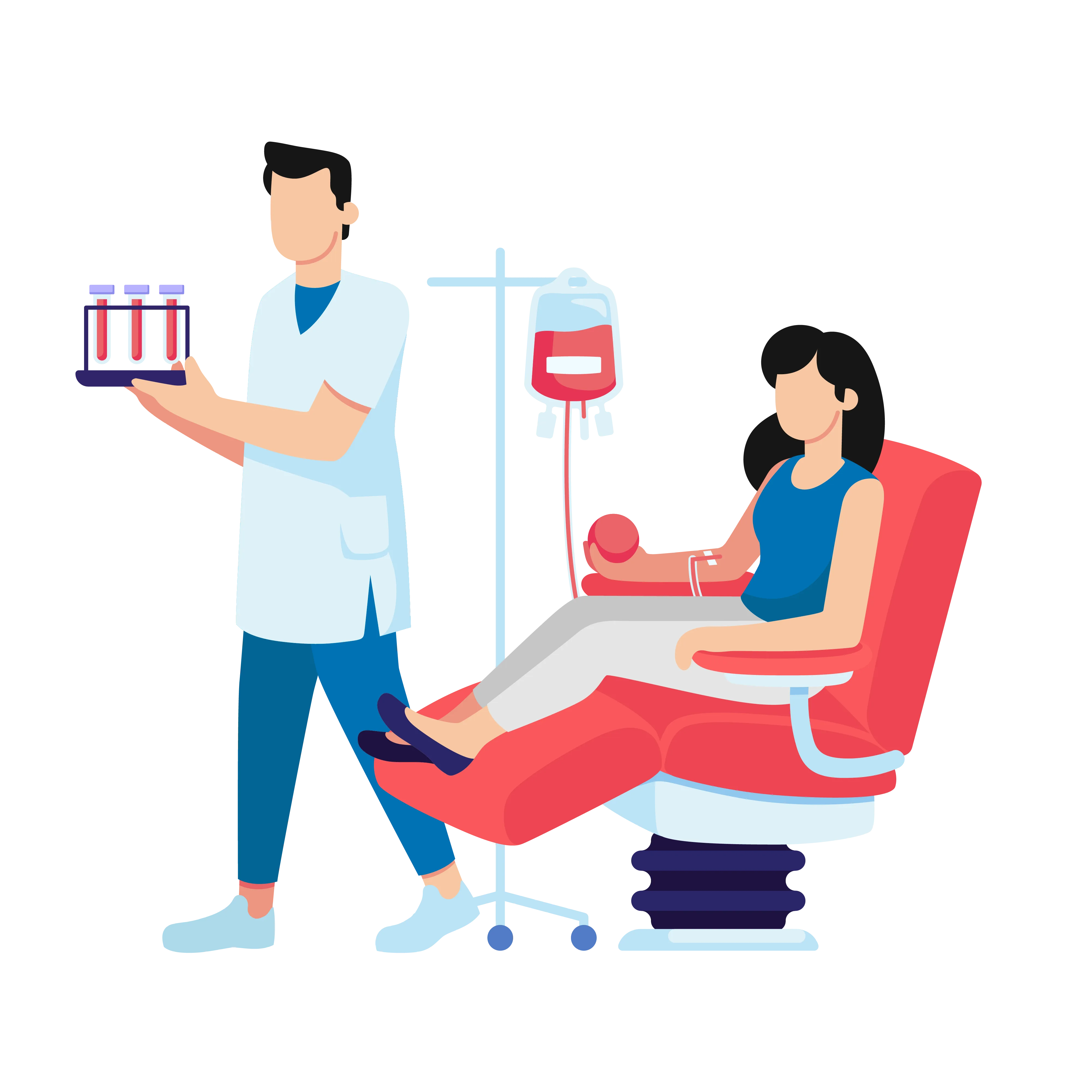
Now that you know about the different blood groups, did you know that donating blood has health benefits? It helps lower the risk of cancer and improves your cardiovascular health too [4]. So, make it a habit of donating blood at least once a year. While you plan this out, make sure that you are also aware of your blood type. Schedule a blood group test with ease on Bajaj Finserv Health and enjoy discounts and deals on lab tests!
References
- https://www.ncbi.nlm.nih.gov/pmc/articles/PMC4140055/, https://www.nhs.uk/conditions/blood-groups/
- https://www.redcrossblood.org/donate-blood/blood-types.html
- https://www.lhsfna.org/index.cfm/lifelines/january-2019/the-health-benefits-of-giving-blood/
Disclaimer
Please note that this article is solely meant for informational purposes and Bajaj Finserv Health Limited (“BFHL”) does not shoulder any responsibility of the views/advice/information expressed/given by the writer/reviewer/originator. This article should not be considered as a substitute for any medical advice, diagnosis or treatment. Always consult with your trusted physician/qualified healthcare professional to evaluate your medical condition. The above article has been reviewed by a qualified doctor and BFHL is not responsible for any damages for any information or services provided by any third party.

